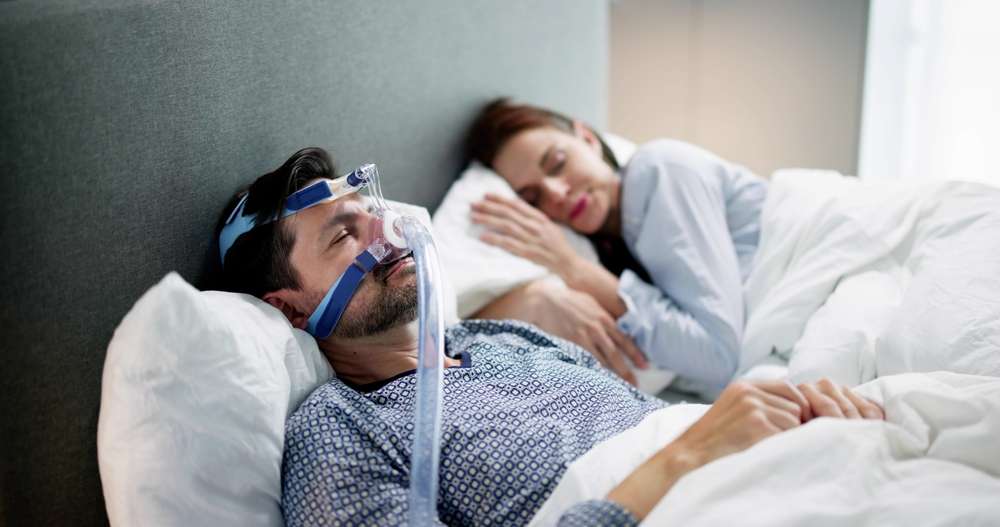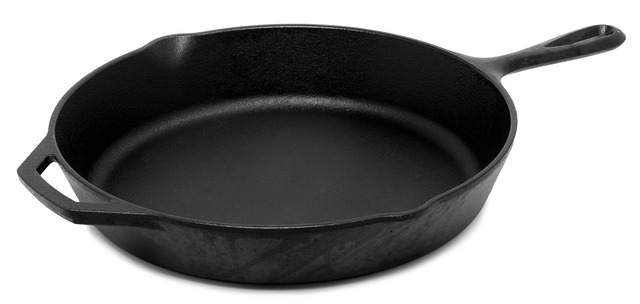The Battle for Better Sleep: Understanding and Choosing Effective Sleep Aids
Getting a good night's sleep is essential for our overall health and well-being. However, for many people, achieving restful slumber can be a challenge. Sleep aids have become increasingly popular as a solution for those struggling with insomnia or other sleep-related issues. In this comprehensive guide, we'll explore various types of sleep aids, their effectiveness, and how to choose the right option for your needs.

Common types of sleep aids include:
-
Over-the-counter (OTC) medications
-
Prescription sleep medications
-
Natural supplements and herbal remedies
-
Non-pharmaceutical sleep aids and devices
Each type of sleep aid has its own mechanism of action and potential benefits and risks. It’s essential to understand these differences to make an informed decision about which sleep aid might be most suitable for your situation.
What role does the bedroom environment play in sleep quality?
Creating an ideal sleep environment in your bedroom is crucial for promoting better sleep. The following factors can significantly impact your sleep quality:
-
Temperature: Maintaining a cool room temperature between 60-67°F (15-19°C) is generally recommended for optimal sleep.
-
Lighting: Darkness stimulates the production of melatonin, the sleep hormone. Use blackout curtains or an eye mask to block out light.
-
Noise: Minimize disruptive sounds with earplugs, white noise machines, or soundproofing techniques.
-
Bed comfort: Invest in a supportive mattress and comfortable bedding to enhance sleep quality.
-
Air quality: Ensure proper ventilation and consider using an air purifier to improve breathing during sleep.
By optimizing these elements in your bedroom, you can create a sleep-friendly environment that complements the use of sleep aids.
How can relaxation techniques help combat insomnia?
Relaxation techniques can be powerful tools in the fight against insomnia, often serving as natural sleep aids. These methods help calm the mind and body, making it easier to fall asleep and stay asleep throughout the night. Some effective relaxation techniques include:
-
Progressive muscle relaxation: Systematically tensing and relaxing different muscle groups to release physical tension.
-
Deep breathing exercises: Focusing on slow, deep breaths to reduce stress and promote relaxation.
-
Meditation and mindfulness: Practicing mindfulness or guided meditation to quiet racing thoughts and promote a sense of calm.
-
Yoga or gentle stretching: Performing gentle yoga poses or stretches before bed to release physical tension and promote relaxation.
-
Visualization: Imagining peaceful, calming scenes to distract the mind from stressful thoughts and promote sleepiness.
Incorporating these relaxation techniques into your bedtime routine can significantly improve your ability to fall asleep naturally, potentially reducing the need for other sleep aids.
What are the most effective over-the-counter sleep aids?
Over-the-counter (OTC) sleep aids are widely available and can be effective for short-term use. However, it’s important to understand their mechanisms and potential side effects. Here’s a comparison of some popular OTC sleep aids:
| Product | Active Ingredient | Mechanism | Potential Side Effects |
|---|---|---|---|
| Unisom SleepGels | Diphenhydramine | Antihistamine | Drowsiness, dry mouth, dizziness |
| ZzzQuil | Diphenhydramine | Antihistamine | Drowsiness, dry mouth, dizziness |
| Natrol Melatonin | Melatonin | Hormone supplement | Headache, dizziness, nausea |
| Benadryl | Diphenhydramine | Antihistamine | Drowsiness, dry mouth, dizziness |
| Valerian Root | Valerian | Herbal supplement | Headache, upset stomach |
Prices, rates, or cost estimates mentioned in this article are based on the latest available information but may change over time. Independent research is advised before making financial decisions.
It’s important to note that while these OTC sleep aids can be effective for occasional use, they are not intended for long-term treatment of chronic insomnia. Consult with a healthcare professional if you find yourself relying on these aids regularly.
When should you consider prescription sleep medication?
While over-the-counter and natural sleep aids can be effective for many people, some individuals with chronic insomnia or other sleep disorders may require prescription sleep medication. Consider discussing prescription options with your healthcare provider if:
-
You’ve tried OTC and natural sleep aids without success.
-
Your insomnia is severely impacting your daily life and functioning.
-
You have a diagnosed sleep disorder that requires medical intervention.
-
Your sleep issues are related to an underlying medical condition.
Prescription sleep medications, such as benzodiazepines, non-benzodiazepine hypnotics, and melatonin receptor agonists, can be more potent than OTC options. However, they also come with a higher risk of side effects and potential for dependence. Your healthcare provider can help determine if prescription sleep aids are appropriate for your situation and guide you in their safe use.
In conclusion, sleep aids can be valuable tools in the quest for better sleep. From creating an optimal bedroom environment to exploring various relaxation techniques and considering OTC or prescription options, there are numerous approaches to improving sleep quality. Remember that while sleep aids can be helpful, they should be used judiciously and in conjunction with good sleep hygiene practices. If you’re struggling with persistent sleep issues, don’t hesitate to consult with a healthcare professional to develop a comprehensive sleep improvement plan tailored to your needs.
This article is for informational purposes only and should not be considered medical advice. Please consult a qualified healthcare professional for personalized guidance and treatment.




